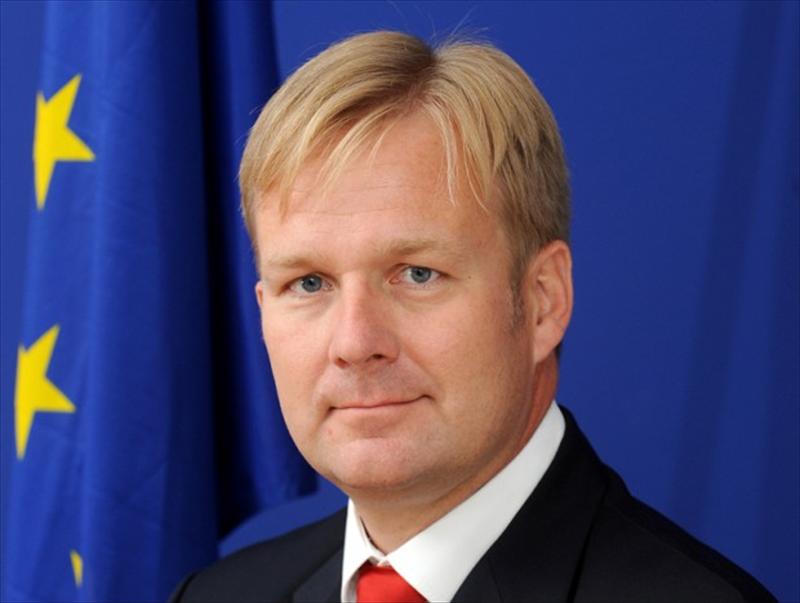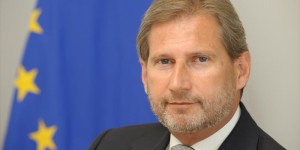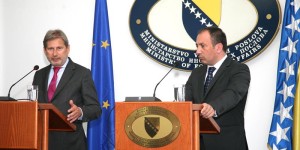The EU special representative and the head of the EU Delegation to BiH, Peter Sorensen, feels that all war crimes, regardless of who committed them, should be prosecuted efficiently and thoroughly, so that justice might be served, since “victims deserve nothing less than that.”
In a written interview for SRNA, Sorensen said that the prosecution of war crimes in BiH is an issue which is being monitored in the context of the structural dialogue between the EU and BiH, but that this monitoring is limited to talks with relevant institutions about the adequacy of existing procedures and available means, and in the light of planned aid.
“Beyond this, we do not comment on individual investigations and court proceedings,” says Sorensen, who hopes that the protocol on war crimes information and evidence exchange, which should have been signed between the BiH Prosecution and the Serbian War Crimes Prosecution, will, in the interest of justice, be signed in the nearest future.
He is convinced that this protocol can reduce the number of perpetrators of war crimes who go unpunished.
“The protocol will enable the exchange of information and evidence in war crimes cases registered in one country, which are relevant for the prosecution of these cases in the other country. This is no way means that BiH is giving up the prosecution of war crimes committed in its territory. In fact, much better evidence will thus be available,” Sorensen says.
According to him, this protocol represents a key step in strengthening regional cooperation in war crimes cases by introducing concrete operative procedures, which in the end will help the reconciliation process in the whole western Balkans.
“The issue of extradition is another important element in this context, and all countries should invest even more efforts to provide for an adequate extradition regimen in the region,” Sorensen says.
The European Commission delegation will visit BiH in March, when technical inter-phasal, targeted negotiations, as part of the structural dialogue on judicial reform in BiH, will be conducted. Sorensen says that contribution will thus will be given to preparing for a third plenary section of the dialogue.
He stressed that all relevant government bodies and institutions in BiH are expected to consistently cooperate and determine ways to adequately implement the recommendations of the European Commission following the structural dialogue meetings in Banjaluka and Sarajevo.
“The EU is monitoring the process and remains committed to guaranteeing that every new legislative, institutional or procedural change will be analysed in the technical sense in comparison to given standards and the EU aquis. The dialogue concerns the improvement and complete harmonisation of the judiciary with international and European standards, and relevant EU aquis,” Sorensen said.
According to him, after work on the reform programme begins, plenary sessions within the dialogue will be an adequate forum for talks on implementing results, harmonising conclusions and determining further recommendations.
“It is important to stress that the dialogue is a platform established to guarantee consolidation of an independent, functional, professional, unbiased and responsible judicial sector in BiH,” Sorensen said.
He stressed that the EU has always clearly expressed its support for the BiH judiciary, which is why the structural dialogue was opened, the aim of which is to enable technical analysis of all aspects of the functioning of the judiciary.
“Determining shortcomings and talks on ways to overcome them is the responsibility of relevant domestic actors, who are expected to get engaged with a constructive approach in the spirit of mutual understanding, regardless of which institution or process should be reformed or improved,” Sorensen told SRNA and added that only under these conditions can the dialogue produce results and enable BiH significant progress on the road to European integration.




